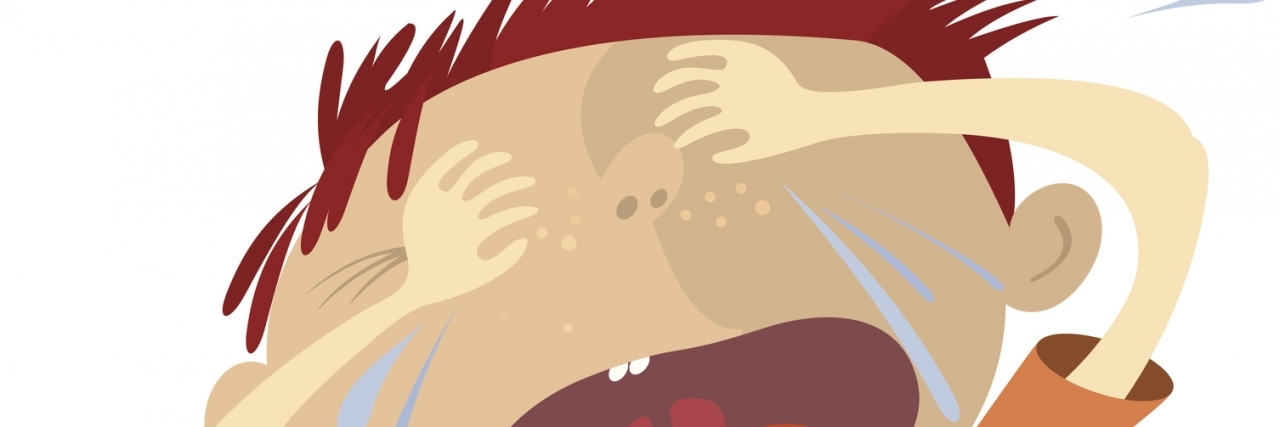Every child behaves inappropriately from time to time. They kick, they scream and they express their displeasure for a situation in a way that is equal parts tiring and inappropriate. My son “J” still expresses himself like this during times of distress. To those on the outside, my son is acting out; he is not trying to act appropriately because he is “spoiled.”
I do not like this word. By definition, a child is “spoiled” when their parents are too lenient and give in to even the most impractical requests. In my opinion, such an explanation for my son’s behavior trivializes his conditions and the hard work he puts into living within the confines of life’s expectations.
Other relevant stories:
• Can a Therapist Diagnose ADHD?
• ADHD Difficulty Waking Up in the Morning
• Can You Have OCD and ADHD?
• What is ADHD?
Let me back up. My son was diagnosed with attention-deficit/hyperactivity disorder (ADHD) at 5, unspecified anxiety disorder at 8, and autism spectrum disorder at 10. Every day is an alphabet soup of situations and his reactions to them. Sometimes those reactions are “appropriate,” and other times those reactions are not. On days his reactions are less than stellar, we work on coping skills and emotions. It seems that, regardless of how hard he tries, however, the most widely accepted explanation for his behavior is inept parenting. We’ve “spoiled” him. We’ve “babied” him. In my opinion, neither of these external reactions to J’s behavior hold merit. That is because J generally reacts in ways that are stereotypical in relation to his neuro-complexities.
For instance, children who experience anxiety can show signs of irritability. Children with ADHD are more likely than their peers to engage in disruptive behaviors and to be impulsive. Last, children with autism may face a slew of complexities that impact their behavior, their reactions and their lives. Making strategic decisions on how to best handle complex behaviors associated with these diagnoses and defusing situations without unnecessary conflict does not “spoil” children because children cannot spoil.
Milk spoils.
Meat spoils.
Eggs spoil.
Children do not spoil.
Children react to their environments, and listening to a child and working with them in a certain capacity does not diminish their quality or degrade their worth. It empowers them. It helps them know they are loved and enhances their quality of life. That, in my opinion, is worth far more than appealing to misconceptions of his motives and misunderstanding of how he’s parented.

